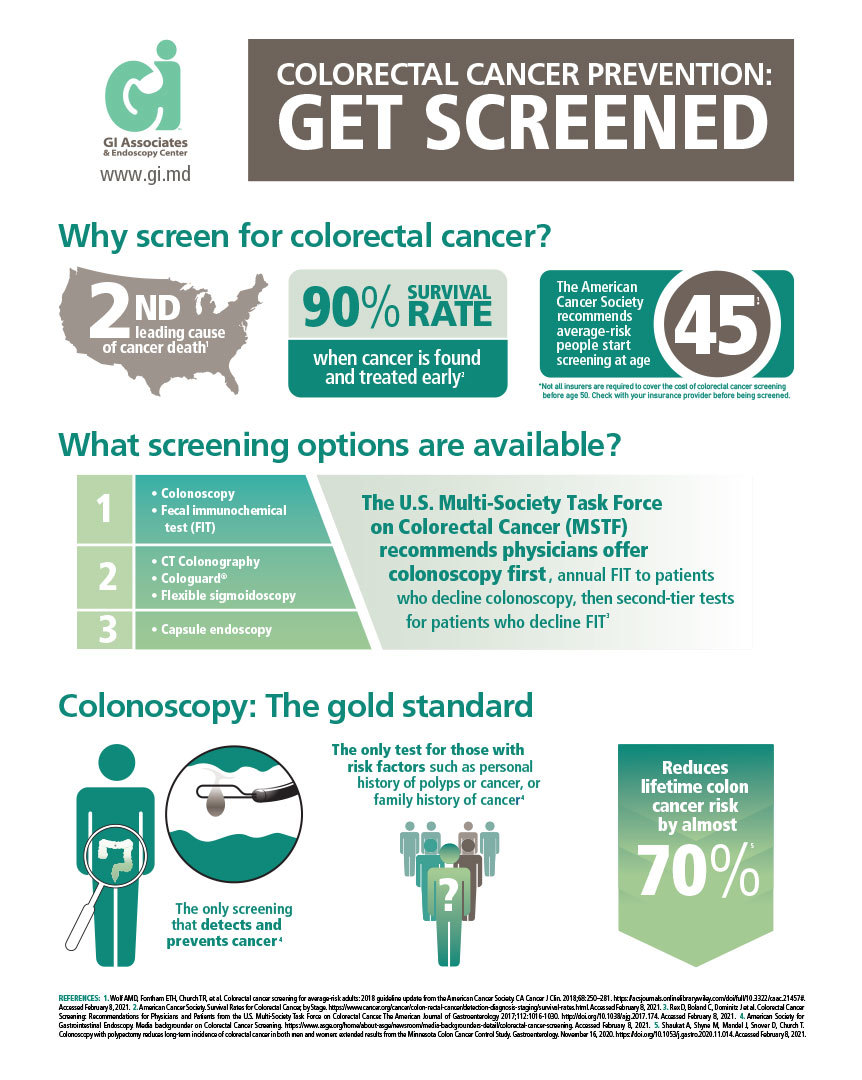
Colon cancer is one of the most common cancers. It is also known as colorectal cancer, or simply CRC. Colon cancer may start in the colon and rectum (the lower part of the intestine). However, it can also begin in other parts of the digestive tract, such as the appendix, stomach, gallbladder, and small intestines.
Colon Cancer has three stages. This article will explore colon cancer, the three stages, causes, symptoms, and treatments.
What is Colon Cancer?
Colorectal cancer is a type of cancer that starts in the colon, which is the large intestine. This type of cancer can spread to other body parts, including the liver and lungs. CRC is one of the most common types of cancer, and it can be deadly if not treated.
The Three Stages of Colorectal Cancer
Stage One: Stage one of colorectal cancer is typically the earliest. In this stage, the tumor is still confined to the inner wall of the colon. The cancer is generally small and has not spread to other body parts. Symptoms may include rectal bleeding, blood in stool, anemia, and abdominal pain. Treatment may include surgery to remove the tumor, radiation therapy, and chemotherapy.
Stage Two: Stage two of Colorectal Cancer is typically more advanced than stage one. Symptoms may include weight loss, anemia, fatigue, abdominal pain, and/or swelling in the legs. The tumor has spread to the outer wall of the colon and may have also spread to other parts of the body. Treatment may have surgery to remove cancer, radiation therapy, and/or chemotherapy.
Stage Three: Stage three of Colon Cancer is the most advanced. The tumor has spread beyond the colon and into other body parts. Symptoms may include severe abdominal pain, fatigue, shortness of breath, bloody vomit or stools, and/or changes in bowel habits. Treatment may have surgery to remove the tumor, radiation therapy, and
What Causes Colon Cancer?
CRC is most commonly caused by a combination of lifestyle choices and genetics. Some of the risk factors for colorectal cancer colon cancer include smoking, obesity, a lack of exercise, and eating a diet high in processed foods.
Is Colorectal Cancer Hereditary?
Colon cancer can be hereditary. This means that cancer may run in families and be passed down from generation to generation. Some of the genes that may increase the risk of colon cancer include APC, ATM, BMPR1A, CDH1, MLH1, MSH2, MSH6, and PMS2.
If you have a family history of colon cancer, it is essential to talk to your doctor about your risk for the disease. You may need to undergo regular screenings to detect cancer early.
Colon Cancer Symptoms
Colon cancer symptoms can vary from person to person, but some common symptoms include:
- fatigue
- weight loss
- blood in the stool
- changes in bowel habits.
If you experience these symptoms, it's essential to see your doctor right away. CRC can be deadly if not treated, so it's necessary to get checked out if you have any concerns.
Treatment Options for Colon Cancer
Treatment options for colon cancer include surgery, chemotherapy, and radiation therapy. Surgery is the most common treatment for CRC, and it involves removing the tumor and surrounding tissue. Chemotherapy uses drugs to kill cancer cells, and radiation therapy uses radiation to kill cancer cells.
If you have colon cancer, it's essential to get treatment as soon as possible. Therapy can help stop cancer from spreading and save your life.
Conclusion
Colon cancer is one of the most common cancers, and it can be deadly if not treated. Colon cancer is most commonly caused by a combination of lifestyle choices and genetics. The three stages of colon cancer are stage one, stage two, and stage three.
Some of the risk factors for colon cancer include smoking, obesity, a lack of exercise, and eating a diet high in processed foods. If you experience these symptoms, it's essential to see your doctor right away. Treatment options for colon cancer include surgery, chemotherapy, and radiation therapy.
